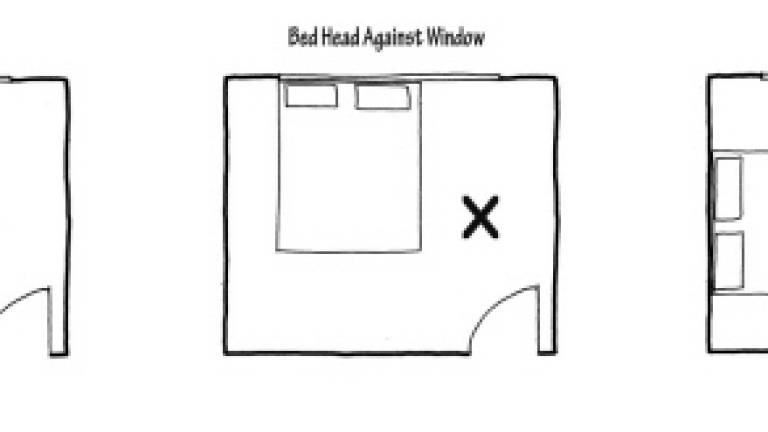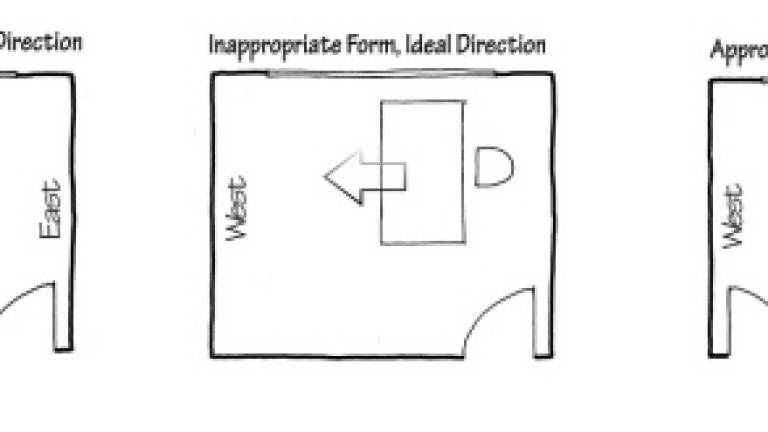Classical Feng Shui - At face value



THE facing direction of a house is important from a feng shui perspective. It is usually this that allows environmental energy such as wind, heat and light into the house.
From a geomancy point of view, it determines the quality of the house and the distribution of auspicious energy within, while from an astrology perspective, it is a Yong Shen, or a critical factor that can bring balance to one’s life.
Sometimes, as feng shui consultants, we fantasise about a house that is built on top of a huge turntable that can be rotated any direction that we want. We can then turn the house to whichever direction most suits the client.
In many feng shui systems, there are different formulas to determine the best facing direction while sitting and sleeping.
For example, in one system, facing the right direction can boost your luck in your career and wealth as well as give you better health, great relationships or simply peace of mind.
Just picture having a rotating bed! We can rotate the bed to the ideal facing direction for every occupant of the house!
While there are ‘formula’ rules to determine ideal facing direction, there are also ‘form’ rules that we should take into consideration, and in most cases, these form rules take precedent.
Take the bed for example. (See Diagram 1)
Form rules require that the bed be supported by a wall and not be simply ‘floating’ in the middle of the room. It also should not be placed under a window.
There are other form rules too. For example, the bed should not be located in the path between the room’s door and window, or directly facing the door to the en suite bathroom or toilet.
Yet another rule covers the ceiling and ceiling height.
You can have the best layout in the room with the bed and study table facing your ideal directions, but all this is negated if the ceiling is 7m tall and has an overhead beam cutting across your bed!
In practice, it is not always possible to orientate the bed or study table in your ideal direction based on feng shui formulas.
Actually, most of the time, you may need to bend the form rules, and in my opnion, that is quite acceptable.
In my practice, there have been numerous occasions where I have to deviate from both formula and form rules, and I have managed to make it work.
Sometimes, I face clients who have some knowledge of feng shui, and they insist that their work table must face their most favourable direction.
One man’s employer gave him a room with a table that faced East (Diagram 2). However, his favourable direction was West.
Placing him on the other side of the room would allow him to face West, but that would have placed his table directly between the door and the window, which is unfavourable.
The solution? We simply changed the door location.
Henry Fong is an electronic engineer by qualification and he approaches feng shui with the same analytical and investigative approach he uses in his training. Readers can write to him at lifestyle.henryfong@thesundaily.com.